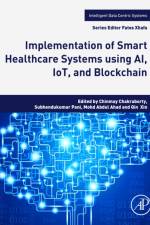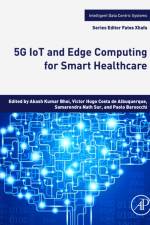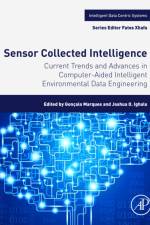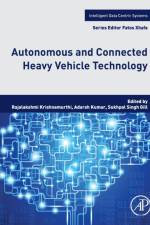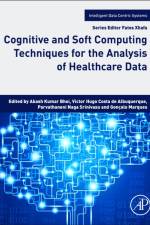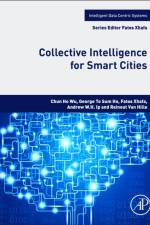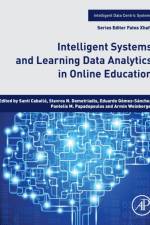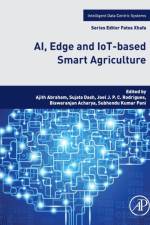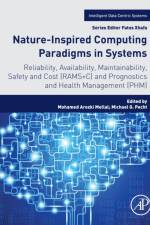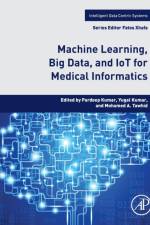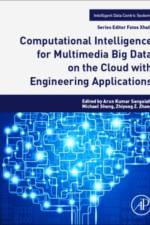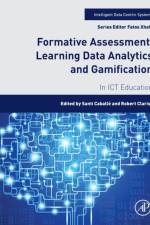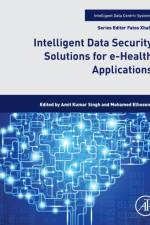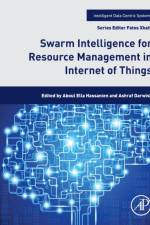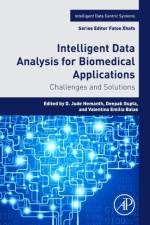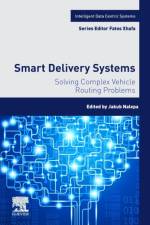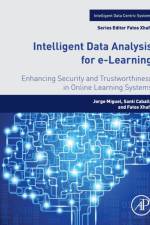1 351
E-health applications such as tele-medicine, tele-radiology, tele-ophthalmology, and tele-diagnosis are very promising and have immense potential to improve global healthcare. They can improve access, equity, and quality through the connection of healthcare facilities and healthcare professionals, diminishing geographical and physical barriers. One critical issue, however, is related to the security of data transmission and access to the technologies of medical information. Currently, medical-related identity theft costs billions of dollars each year and altered medical information can put a person''s health at risk through misdiagnosis, delayed treatment or incorrect prescriptions. Yet, the use of hand-held devices for storing, accessing, and transmitting medical information is outpacing the privacy and security protections on those devices. Researchers are starting to develop some imperceptible marks to ensure the tamper-proofing, cost effective, and guaranteed originality of the medical records. However, the robustness, security and efficient image archiving and retrieval of medical data information against these cyberattacks is a challenging area for researchers in the field of e-health applications. Intelligent Data Security Solutions for e-Health Applications focuses on cutting-edge academic and industry-related research in this field, with particular emphasis on interdisciplinary approaches and novel techniques to provide security solutions for smart applications. The book provides an overview of cutting-edge security techniques and ideas to help graduate students, researchers, as well as IT professionals who want to understand the opportunities and challenges of using emerging techniques and algorithms for designing and developing more secure systems and methods for e-health applications. Investigates new security and privacy requirements related to eHealth technologies and large sets of applicationsReviews how the abundance of digital information on system behavior is now being captured, processed, and used to improve and strengthen security and privacyProvides an overview of innovative security techniques which are being developed to ensure the guaranteed authenticity of transmitted, shared or stored data/information


